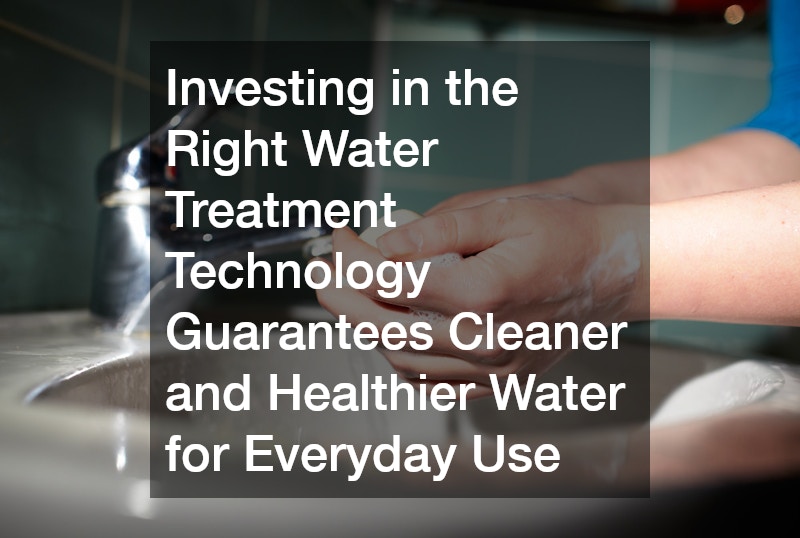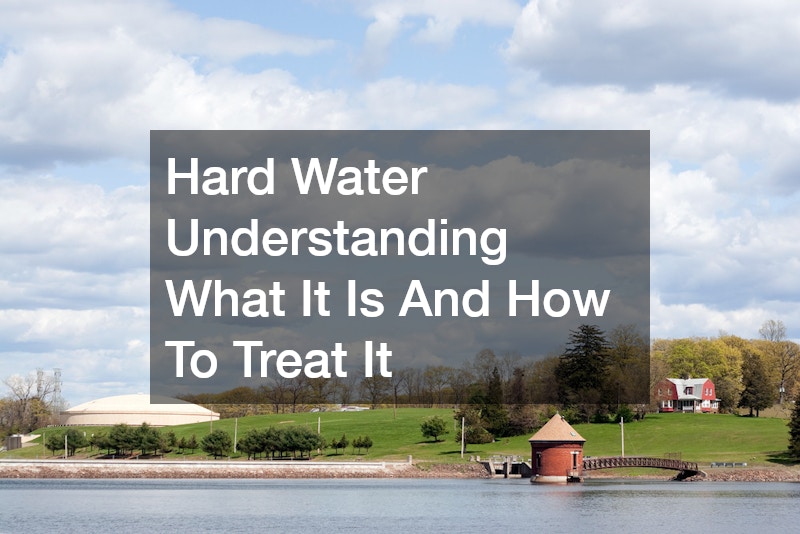
Investing in high-quality water treatment systems ensures clean, safe, and great-tasting water for your home or business. These systems remove contaminants, improve water quality, and provide long-term health benefits by eliminating harmful substances like chlorine, heavy metals, and bacteria.
An activated carbon water filter system is one of the most effective ways to remove impurities from drinking water. Activated carbon absorbs and traps pollutants such as chlorine, volatile organic compounds (VOCs), and bad odors, significantly improving the taste and safety of your water.
For those concerned about microbiological contamination, a water bacteria filter is essential. These specialized filters use advanced technologies like ultrafiltration, UV purification, or reverse osmosis to eliminate harmful bacteria, viruses, and other pathogens, ensuring safe and healthy drinking water.
Many homeowners choose activated carbon water filter systems because of their reliability and ease of maintenance. These systems are available in whole-house, under-sink, and countertop models, making it easy to customize your water filtration setup based on your specific needs.
Whether you’re looking for a comprehensive filtration system or a targeted solution, investing in the right water treatment technology guarantees cleaner and healthier water for everyday use. Call your water and plumbing pros today to find the activated carbon water filtration system that is right for you and your family!


It’s an unfortunate fact that many of us are bringing contaminants into our bodies without even knowing it. Something like drinking water is as natural as breathing, and, of course, necessary for life. Yet many of us drink water without knowing whether or not it’s really clean. We take for granted that it is, and the contaminants that make water unclean or less safe to drink cannot be seen by the naked eye. Not only is the prospect of drinking contaminated water disgusting — it also is potentially threatening to your health. The perils of towns like Flint, Michigan are well-documented, but many homes have contaminated water that, while not as immediately dangerous, is still far below the standards to which most of us hold drinking water. Furthermore, the contaminants in our water can enter our bodies not simply through drinking, but through our skin — when we take showers, wash the dishes, etcetera. Luckily, there are ways through which we can combat the dangers of contaminated water. You don’t have to move; you don’t have to gut your home’s plumbing system. By simply using a whole home water filtration system, you can make the water you drink and use much safer. Below, we’ll look into what kinds of contaminants are in our water, and how we can effectively keep our water clean.
Hard Water: What Is It?
A lot of people don’t understand the definition of hard water. In fact, many believe that it’s a much less serious issue than it actually is — dismissing hard water as water that might not taste the best, but is still safe. This is because hard water is usually defined as water with a high mineral content, and many people think of minerals as things that are akin to vitamins, and therefore good for the body. This is not the case — some minerals are not good for you to consume, especially in high quantities. In fact, hard water is measured in grains per gallon as calcium carbonate. This means that one “grain” equals 17.1 milligrams per liter of water. Hard water is, obviously, not ideal for you to drink — but it has plenty of other side effects on your home in general. For example, if your home has a gas water heater, every five grains per gallon of hardness causes an 8% loss in efficiency. This means that there is a subsequent 8% increase in cost when using 100 gallons of hot water per day. Hard water is practically an epidemic, with 85% American households being currently affected by the issue. This is why many Americans have turned to water softener systems. But the question is — if you are in the maker for a whole house filtration system, what kind should you get?
Reverse Osmosis Systems: How They Work
Among the most popular and effective types of water filtration systems are reverse osmosis systems. Reverse osmosis is a process that is based off of something that our cells naturally do. It essentially means that a solvent is pushed through a porous membrane type of material, in a direction opposite of its natural direction. What this means for a water filtration system is that contaminants and minerals will be filtered out in a manner that is efficient and quick. It cleans your water is a short amount of time, and you won’t see a change in the way that you get your water, or in the way that it’s heated. However, if your water had a high level of hardness, your systems should run more efficiently after installing a reverse osmosis filtration system.
At the end of the day, deciding whether or not to get a reverse osmosis filtration system isn’t just about increasing the efficiency of your home, but making those who live in your home healthier. Why risk using hard water if you don’t have to?

